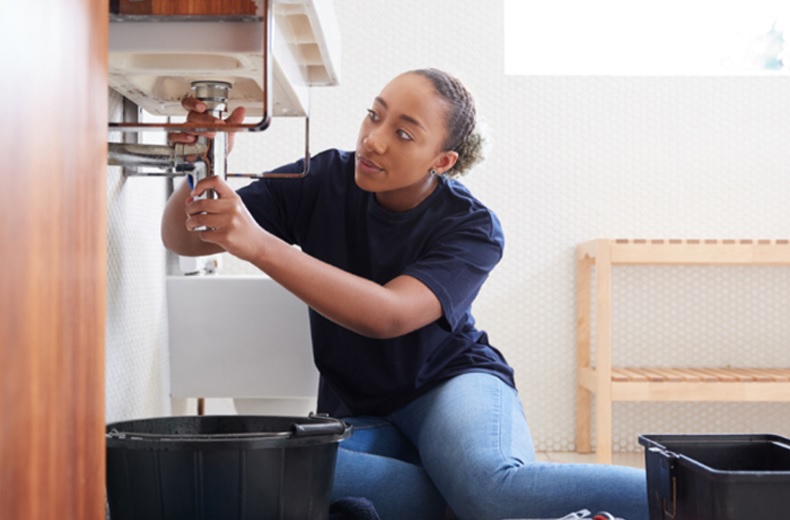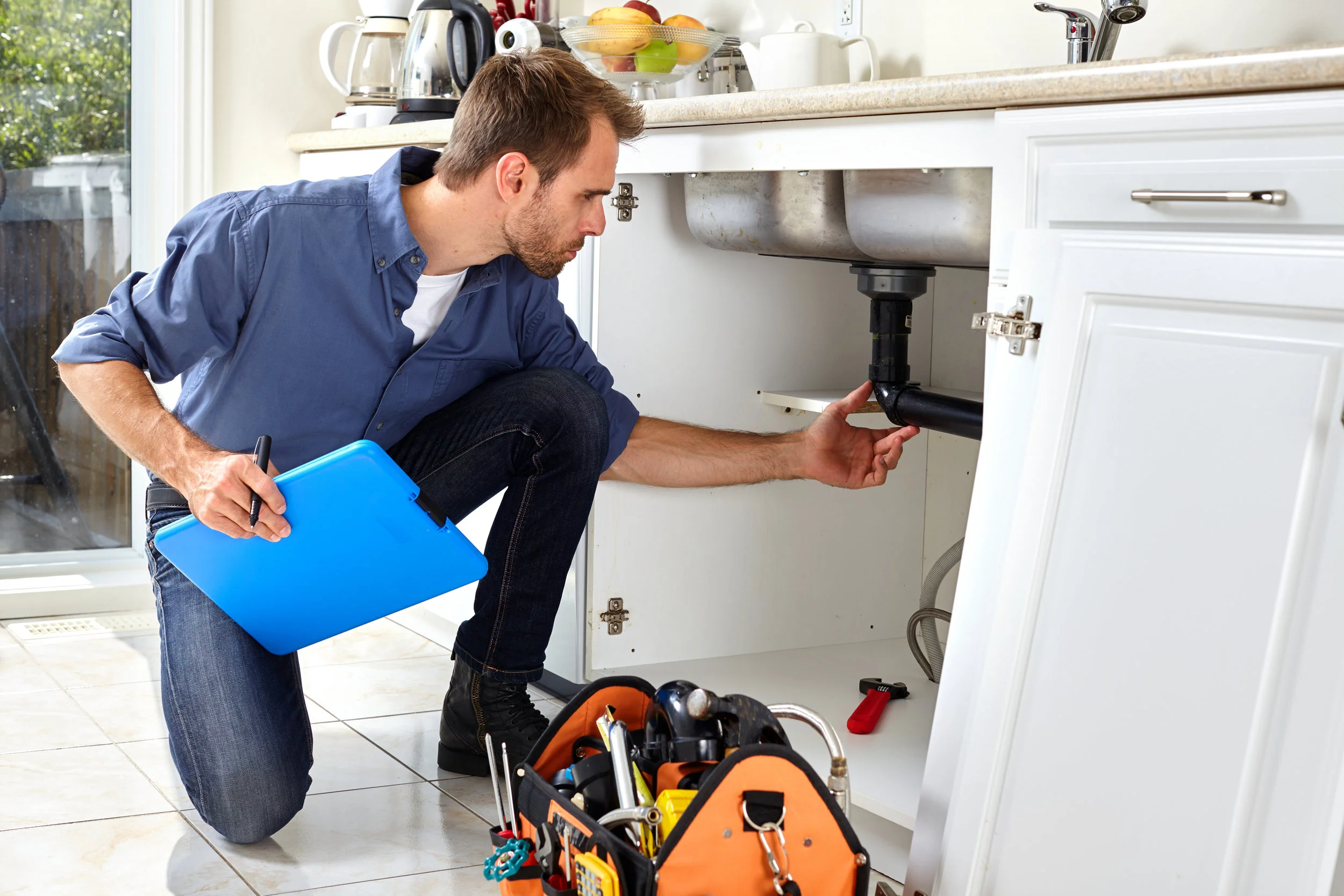Essential Plumbing Alabaster AL Tips for Homeowners
Essential Plumbing Alabaster AL Tips for Homeowners
Blog Article
Understanding Water Heating System Installation: Trick Considerations for Safe and Efficient Setup
Water heating system installment is an intricate task that requires interest to numerous essential aspects to ensure both safety and performance. Selecting the appropriate heating system kind based upon use and ability demands is just the begin. Regional policies and building regulations must be navigated to prevent potential lawful mistakes. Proper air flow systems are vital to safely get rid of harmful gases, highlighting the demand for specialist installation. Carrying out durable safety and security measures and normal upkeep can significantly minimize threats. Recognizing these factors to consider is crucial, however just how can home owners properly integrate these components right into a smooth setup process?
Picking the Right Heater
Just how do you guarantee that the water heating system you select satisfies your details demands? Selecting the right water heater calls for an extensive understanding of your home's hot water needs, energy effectiveness choices, and budgetary restrictions.
Power efficiency is one more vital element. Select versions with greater power elements (EF) to decrease lasting functional expenses. Tankless heating systems supply on-demand home heating, which can be much more effective for homes with lower simultaneous warm water needs. On the other hand, conventional storage heaters could be more ideal for bigger families with high optimal demands.
Furthermore, examine the gas resource options-- electric, gas, solar, or hybrid. Drain Cleaning Alabaster AL. Each has distinct operational prices and installment requirements. Gas heaters usually have quicker recovery rates and lower operating costs than electrical ones, but may call for airing vent systems.
Finally, take into consideration the in advance costs and possible rebates or motivations readily available for energy-efficient designs. By lining up these elements with your specific demands, you make certain a water heating system choice that balances efficiency, performance, and expense.
Comprehending Local Rules
Navigating neighborhood guidelines is a vital action in the procedure of water heating system installation. Making sure compliance with building regulations and ordinances is not only a lawful commitment yet also a factor of the security and efficiency of the installment. Local guidelines can differ considerably relying on the area, incorporating elements such as installment techniques, kinds of allowable water heaters, and certain security demands.
Professionals have to familiarize themselves with both local amendments and nationwide requirements. In the United States, the Attire Pipes Code (UPC) and the International Plumbing Code (IPC) give fundamental guidelines, yet neighborhood authorities might impose added standards. These can consist of specifications on energy effectiveness, seismic strapping, and temperature and stress alleviation shutoff setup.

Making Sure Proper Air Flow
Proper ventilation is a foundation of a reliable and risk-free water heater setup. It makes certain that unsafe combustion gases, such as carbon monoxide gas, are effectively removed from the home, protecting against unsafe buildups that can cause health and wellness risks or perhaps fatalities. The kind of ventilation system called for depends upon the hot water heater version and fuel type, with options consisting of straight vent, power vent, and climatic vent systems.
Straight vent systems attract air from outside and get rid of exhaust directly outdoors, making them ideal for homes where indoor air quality is a problem. Power air vent systems utilize a fan or blower to relocate exhaust gases, allowing for even more flexible installation alternatives since the vent can take a trip a longer distance. Climatic air vent systems depend on all-natural convection to get rid of gases and are typically used with standard gas hot water heater.
Following producer specifications and regional building regulations is crucial for making certain correct ventilation. Installers need to consider variables such as vent pipe discontinuation, size, and material point to make certain ideal performance. Normal assessment and maintenance of the ventilation system are likewise necessary to find any kind of obstructions or leakages, protecting the home's inhabitants.
Prioritizing Safety Measures
While appropriate air flow is an essential component of hot water heater installment, prioritizing precaution is similarly important to make certain the wellness of residents and the long life of the device. Security starts with choosing a suitable location, far from flammable materials and making certain appropriate clearance from surrounding frameworks. The installation area need to abide with regional building regulations and manufacturer guidelines, dealing with both access and safety and security problems.
In addition to area, using certified professionals for installation assurances adherence to security standards and lawful requirements. Licensed service technicians bring expertise in handling gas and electric connections, decreasing risks of leaks or damaged wiring. Utilizing correct tools and devices during installment additionally lessens the chance of malfunctions or accidents.
In addition, incorporating security tools such as a temperature and pressure safety valve is important. This shutoff stops too much pressure build-up, minimizing the risk my latest blog post of possible explosion. Proper grounding of the water heater is necessary to stop electric risks, especially in units using electric power.

Examining and Maintenance Treatments
Routine testing and upkeep of a water heating unit are important to ensure its reliable procedure and longevity. Regular checks aid recognize potential problems prior to they intensify, stopping expensive repair services and extending the appliance's lifespan. Trick procedures include evaluating the anode pole, which protects the tank from deterioration. If the rod is dramatically worn away, substitute is needed to preserve the honesty of the container. Furthermore, it is critical to purge the tank each year to eliminate debris accumulation, which can hinder home heating effectiveness and trigger damages in time.
Examining the temperature level and pressure relief (TPR) shutoff is another crucial action. This safety device must function correctly to stop too much pressure accumulation within the tank. To check, carefully raise the valve bar and guarantee water discharges openly; change the valve if it reveals signs of breakdown. Checking the pilot burner and heater setting up for gas heaters makes sure optimal efficiency and security, attending to any abnormalities immediately.
For electric hot water heater, examining electric connections for indicators of wear or damage is important. Expert upkeep solutions are recommended every year to conduct an extensive examination, guaranteeing all elements operate optimally and follow safety requirements.
Conclusion
An extensive understanding of water heater setup is crucial for achieving a protected and effective system. Choosing an appropriate heating unit based on capacity and energy performance, while sticking to neighborhood guidelines, develops the foundation of an effective installation.
Water heating system More Info installment is a complex job that requires focus to various crucial factors to guarantee both safety and security and click for source effectiveness. Selecting the ideal water heating system calls for a comprehensive understanding of your household's warm water demands, energy effectiveness choices, and budgetary restrictions. Local regulations can differ substantially depending on the region, including facets such as installment approaches, kinds of permitted water heaters, and particular safety and security needs.
While appropriate ventilation is a key component of water heating unit installment, focusing on security procedures is equally essential to make certain the well-being of residents and the long life of the appliance.An extensive understanding of water heating unit installation is important for accomplishing a secure and efficient system.
Report this page